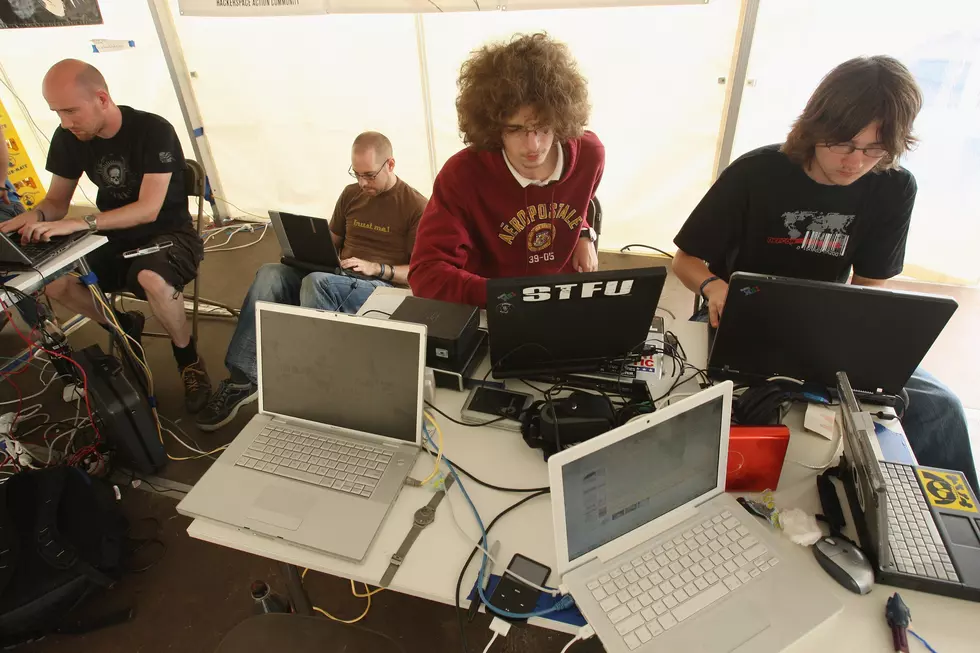
Is the United Nations Planning an Internet Sneak Attack?
Do you ever wonder who runs the internet? The answer at the present time is no one and no government. But the answer could change to the United Nations by next week according the the Wall Street Journal.
As it is at this moment, it is impossible for governments to censor or tax the internet, and that is why the uncontrolled Internet, as we know and love it, is opposed by a large number of the United Nation's 193 member states.
The Wall Street Journal says, "Letting the Internet be rewired by bureaucrats would be like handing a Stradivarius to a gorilla".
Some countries such as China, Russia, Iran and Arab countries have a plan to hijack a U.N. agency that does not even have anything to do with the Internet. These countries want this agency called the International Telecommunications Union, also known as ITU to take over the rules of the Internet. It has nothing to do with the internet because it was created in 1865 as the International Telegraph Union. The last treaty on communications was drafted in 1988, several years before the commercial Internet. This was a time when telecommunications meant voice telephone calls via national telephone monopolies.
There are 40,000 networks that make up the internet, these networks conect to roughly 425,000 global routes. It delivers digital messages and content to more than two billion people all over the planet very efficiently at a very low cost.
The engineers and developers who built the networks are coordinated by an international nonprofit called the Internet Society. This is the home to the Internet Engineering Task Force and other volunteer groups. Another key nongovernmental group is Icann, which assigns Internet addresses and domain names.
No one has to ask for permission to launch a website because the internet is self regulating which also means that no government can tell network operators how to do their jobs. According to former Federal Communications Commission Chairman William Kennard, 90% of agreements among networks are made on a handshake, and are adjusted informally if need be.
Next week the ITU is holding a negotiating conference in Dubai, with proposals for a new treaty focusing on proposals by authoritarian governments to censor the Internet and other proposals ignoring and threatening the smooth and open operation if the internet as we know it today. One of their stupid ideas is applying long-distance telephone rules to the Internet with a "sender-party-pays" rule. To make a long story short they would tax Google and Facebook and we would be charged and pay a local network for each visitor from overseas.
This is technically impractical because the Internet doesn't recognize national borders and phone networks do. They are pushing the tax because they want their citizens to be cut off from the U.S. websites that determine foreign visitors cost too much to serve. And wouldn't you know it? Russia and Iran also want to be able to monitor Internet traffic routed through or to their countries. This is insane because it will allow them to eavesdrop or block access.
Google has an online petition for a "free and open Internet" that says: "Governments alone, working behind closed doors, should not direct its future." The State Department's top delegate who will attend the Dubai conference is Terry Kramer. He has pledged that the U.S. won't let the ITU expand its authority to the Internet. But he did say in a recent presentation in Washington: "We don't want to come across like we're preaching to others."
Billions of online users are counting on America. We should strive to make sure the Internet is not handed over to other governments or the United Nations.
Via [WALL STREET JOURNAL]
More From 1130 The Tiger









